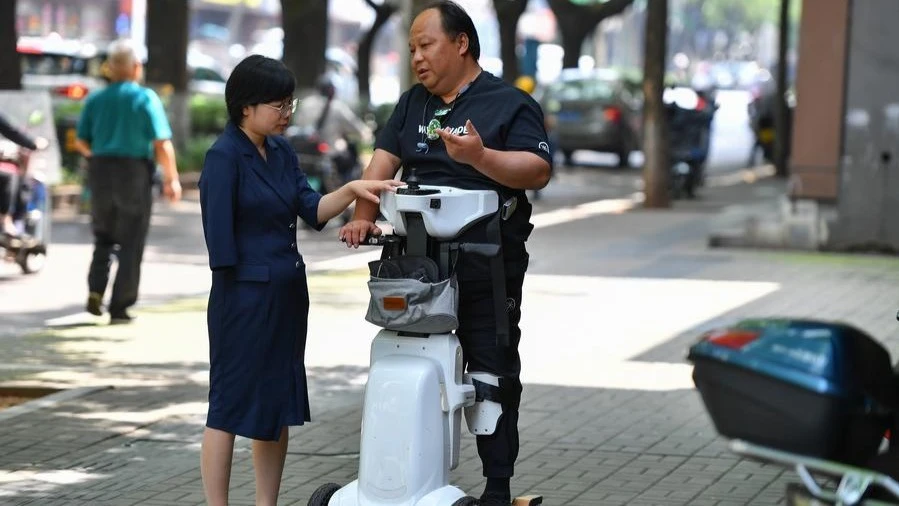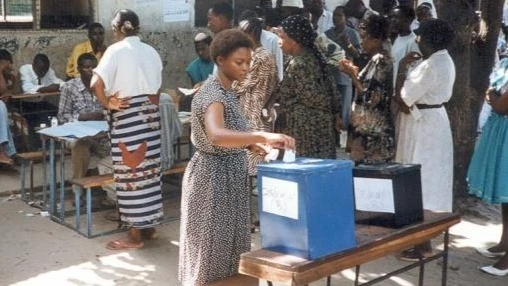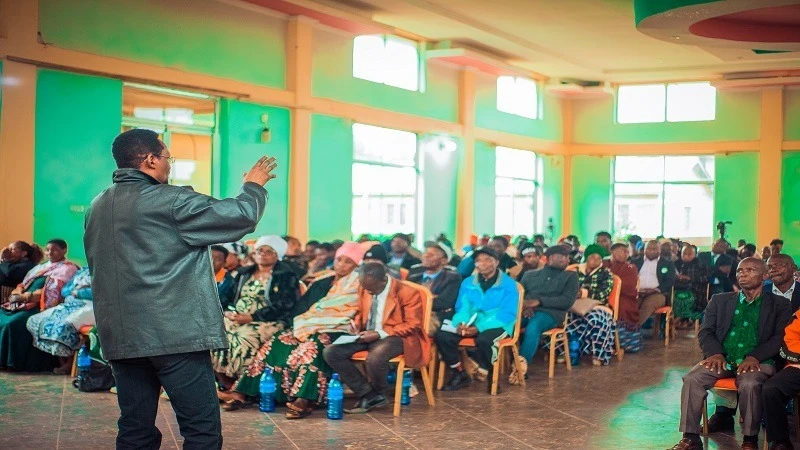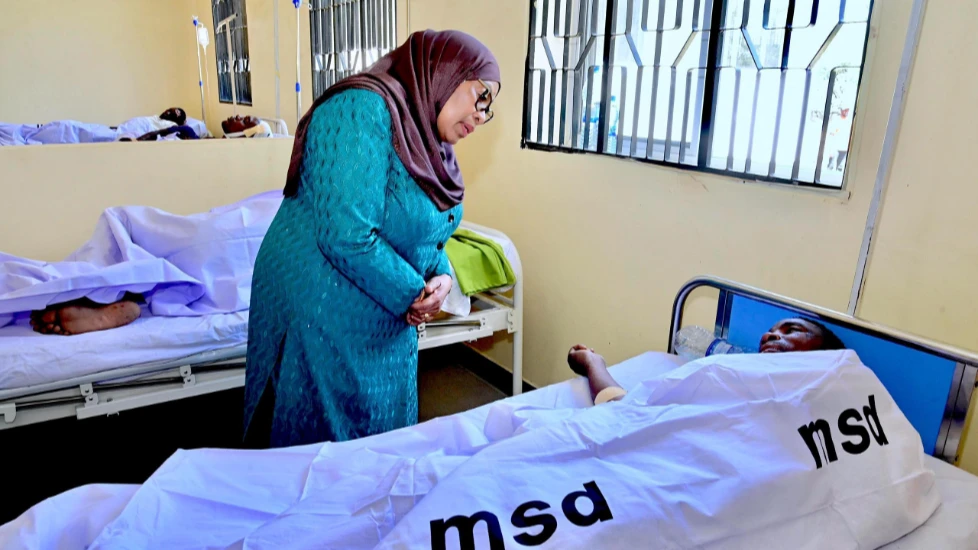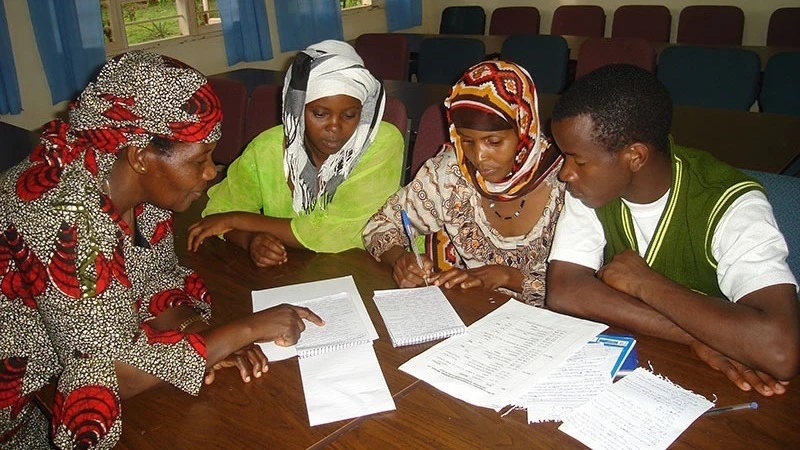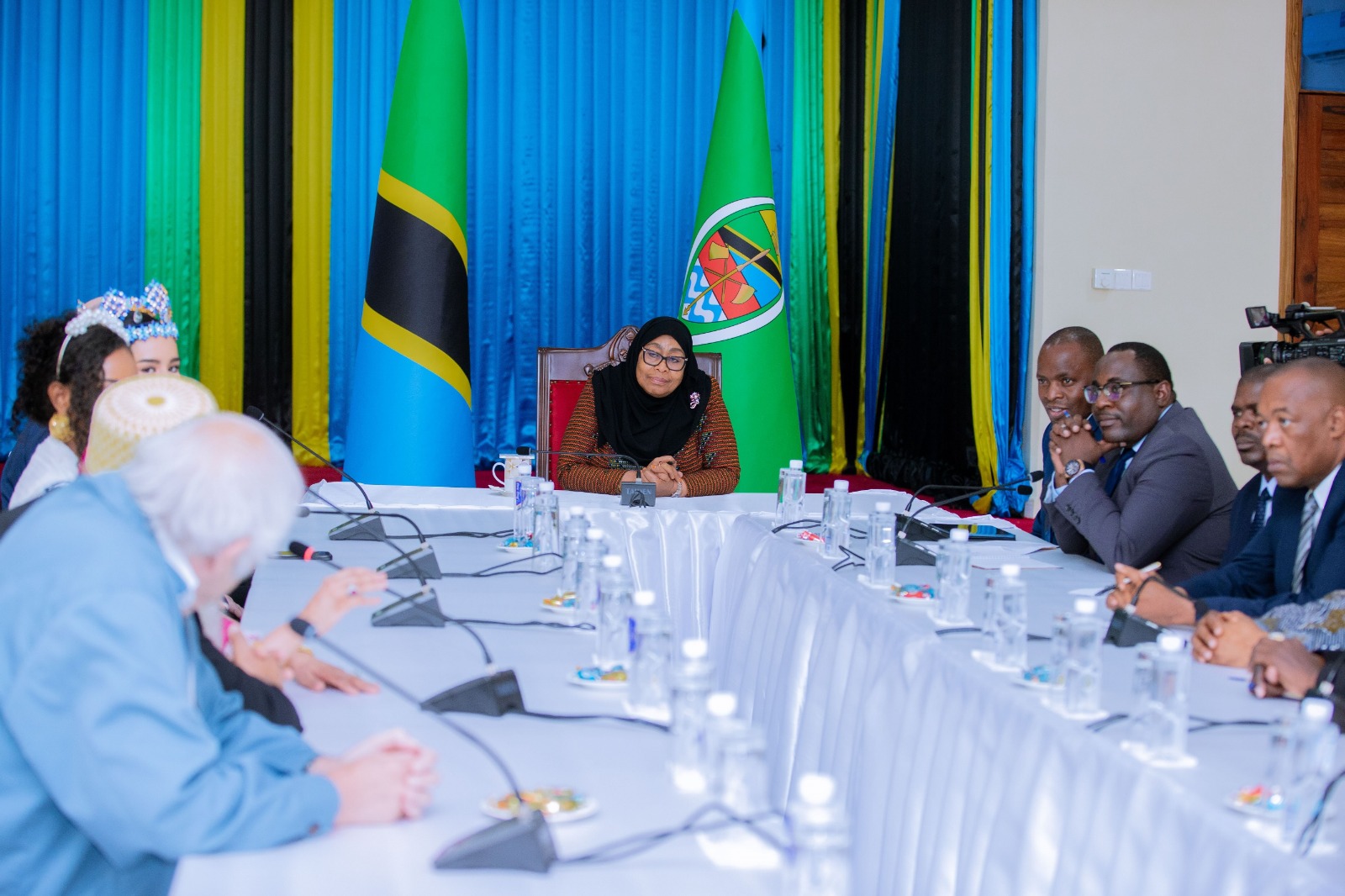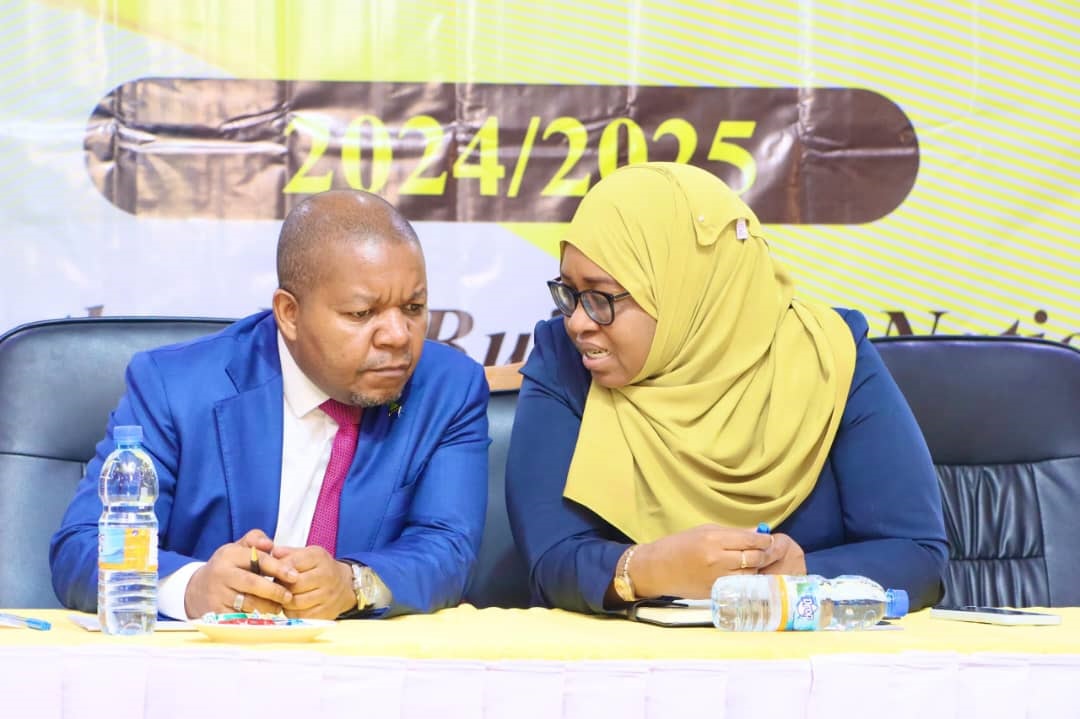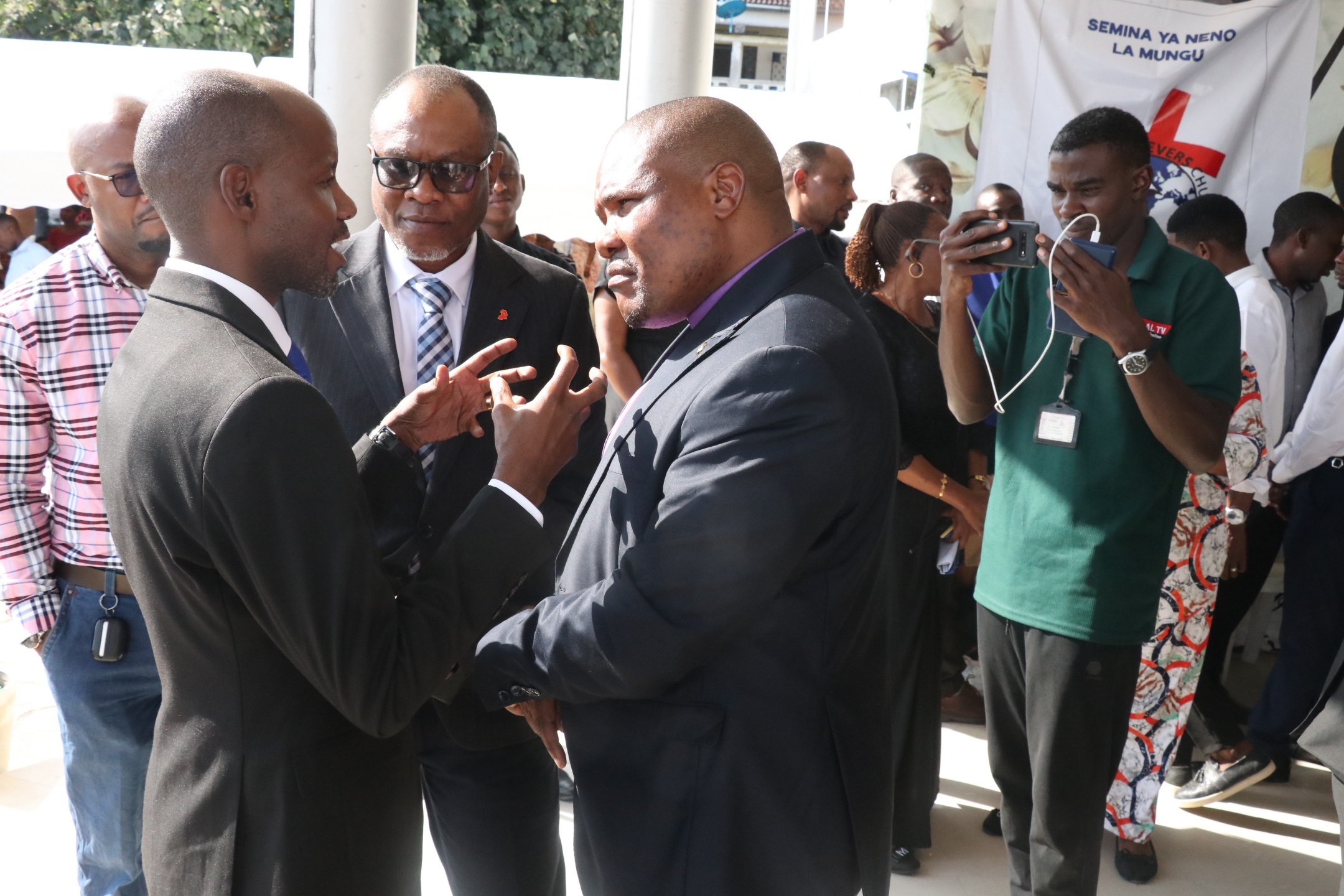‘Over 70pc of girls who dropped out of school due to pregnancy in Geita Region have returned to school’
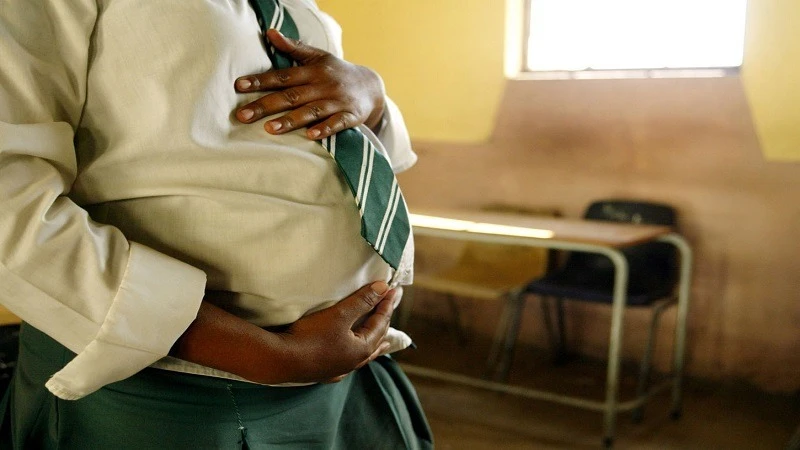
MORE than 70 percent of girls who dropped out of school due to pregnancy in Geita Region have returned to class, thanks to a bold education policy championed by President Samia Suluhu Hassan.
The Regional Commissioner, Martine Shigela, revealed the achievement in Dodoma yesterday while outlining key milestones under the sixth phase government.
Briefing journalists on the government achievements in the past four years, Shigela said the directive by President Samia in 2021, which allowed pregnant schoolgirls and young mothers to resume their education, had been implemented effectively in the region.
“From 2021 to 2025, over 70 percent of the girls who had dropped out because of pregnancy have returned to school. This marks a significant step in securing the future of the girl child,” he stated.
He praised the inclusive approach taken by both local government and communities, which has led to an increased enrollment of girls in schools across the region.
He said the response from families and communities has been overwhelmingly positive adding that the national policy is yielding tangible results, and at regional level, they are committed to ensuring no girl is left behind when it comes to education.
On broader education achievements, the Geita RC noted that the free education policy had made impressive strides. The government’s education budget in the region increased sharply from 6.4 bn/- in 2021 to 19.9 bn/- in 2025, significantly expanding access from pre-primary to A-level.
Shigela reported that the number of primary and pre-primary schools had grown from 641 in 2021 to 792 in 2025. Secondary schools rose from 130 to 240 in the same period.
Additionally, classrooms increased from 7,206 to 10,540, while teachers’ houses rose from 2,272 to 2,375. “This expansion has eased congestion and created a better learning environment for students and teachers,” he noted.
Enrollment numbers reflect the impact of these investments as pre-primary enrollment jumped from 73,446 pupils in 2021 to 227,087 in 2025. Standard One enrollment surged from 107,519 to 334,224. For Form One, the numbers grew from 37,834 to 131,645. Form Five enrollment also increased from 1,900 students to 2,618.
On academic performance, Shigela reported mixed trends with primary school leaving examination results showed a pass rate of 71.53 percent in 2024, down from 82.49 percent in 2021.
However, Form Four pass rates improved significantly from 84.56 percent to 94.45 percent. Form Six performance remained consistently high, with an average pass rate of 99 percent over the years.
Teacher recruitment and training have also seen progress as the number of primary school teachers increased from 8,876 to 9,156, while secondary school teachers rose from 3,398 to 3,696.
The number of vocational education and training centers under VETA grew from one in 2021 to five by 2025. Laboratory infrastructure expanded from 165 labs to 338, improving the quality of science education.
The region has also prioritized the learning environment for girls. Seventy-four girls’ dormitories, 19 dining halls, five hostels, and 12 administration buildings were constructed, along with over 14,000 new latrines. These investments are intended to boost retention and performance, especially for female students.
In terms of inclusive education, the number of MEMKWA students—those under the Complementary Basic Education program increased from 2,169 to 2,269. The number of students with special needs more than doubled, from 1,052 to 2,233, signalling government efforts to expand education access for all.
The progress outlined by the Geita regional leadership paints a picture of transformation in the education sector, driven by political will, community support, and sustained investment. As the Sixth Phase Government continues its mandate, stakeholders are optimistic that these efforts will lay the foundation for long-term gains in education and equality.
Top Headlines
© 2025 IPPMEDIA.COM. ALL RIGHTS RESERVED









